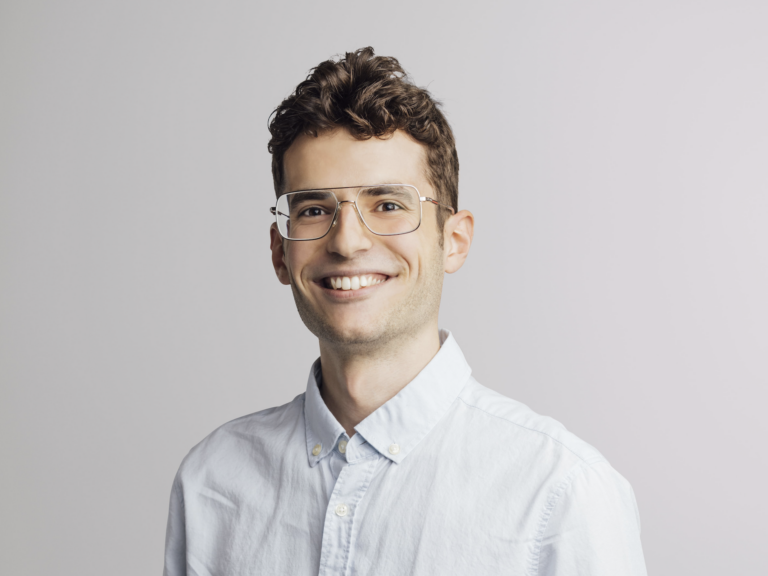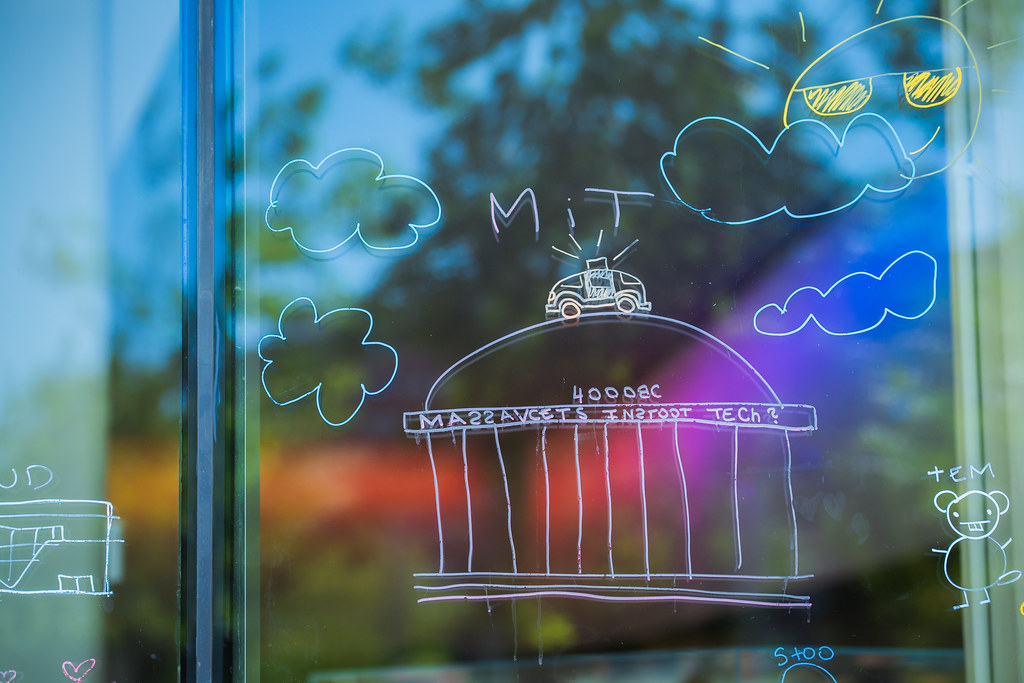Arbri Kopliku
Major in Biological Engineering
Minor in Science, Technology, and Society and Computer Science

What’ve you enjoyed most about your area of study? Was there a particular discovery, new skill or way of thinking, or insight that you found especially valuable? Please share an example from your favorite class or experience.
I really enjoyed peeling back the many layers of interaction between the people redefining the cutting edge of science and technology and the ones that should have historically benefitted from these advancements. The incredible breadth and depth offered by the STS Program enabled me to dive on case studies from drastically different times and spaces, be it the methodology for statistical analysis of cancer survival in the 1920s US or the racial inequality within anti-shark defense structures in 1950s South Africa. The experience of learning from professors and lecturers who lead their respective fields has taught me that there is no such thing as “beyond the scope of this class” in any STS course. Instead, alongside my peers I got to explore fundamental concepts such as actor-network theory and to competently apply them to current campus and global developments.
How does the knowledge from this field, or your interest in it, combine with your other major or minor studies at MIT?
The interface between my studies in STS with those in Biological Engineering and in Computer Science followed very similar trajectories despite having very different ethical concerns and societal implications. In the first case, I was exposed to the political influence historically exerted on cancer therapies by government and healthcare stakeholders, which gave me a very different perspective on my classes and research on drug development against cancer. In the second, analyzing the real-time occurrence of privacy breaches for training AI chatbots through my STS courses enabled me to ask better questions and set more tangible deliverables in my classes on building generative AI models. Every STS lecture and assignment posed questions that enhanced my critical thinking, and overall gave my undergraduate education a sense of cohesion through a simple yet powerful motivation: human impact.
An MIT education includes study in the scientific, technical, social science, arts, and humanities fields. How do you think that wide range of knowledge and perspectives will be valuable to you – for your career success and for your enjoyment of life?
I came to MIT with the vision that I would find the topic that excites me most and become an expert in it by dedicating my entire time and attention to building my technical skillset. The diverse exposure that I received through my SHASS classes both broke down and enhanced that vision. I really studied and conducted research with some of the most accomplished bioengineers on this planet, but I will be graduating this May with a much broader perspective than I could have imagined. I can now start defining every pressing problem that human health faces by first asking “What would the ideal solution look like if it benefitted as many people as possible?” and then by breaking it down into the engineering milestones that need to be achieved. This approach has already helped me contextualize my undergraduate research work such that it feels rewarding, and I am really excited to see how my professional life will benefit from it!
What are your plans for the future?
In the fall I will be starting my PhD studies in Medical Engineering and Medical Physics as part of the Health Sciences and Technology program, offered jointly between MIT and Harvard Medical School. While at the moment I am very excited by the prospect of innovating in the immunoengineering space, I am also determined to take every opportunity to learn about cutting edge science being discovered and applied towards improving human health.
